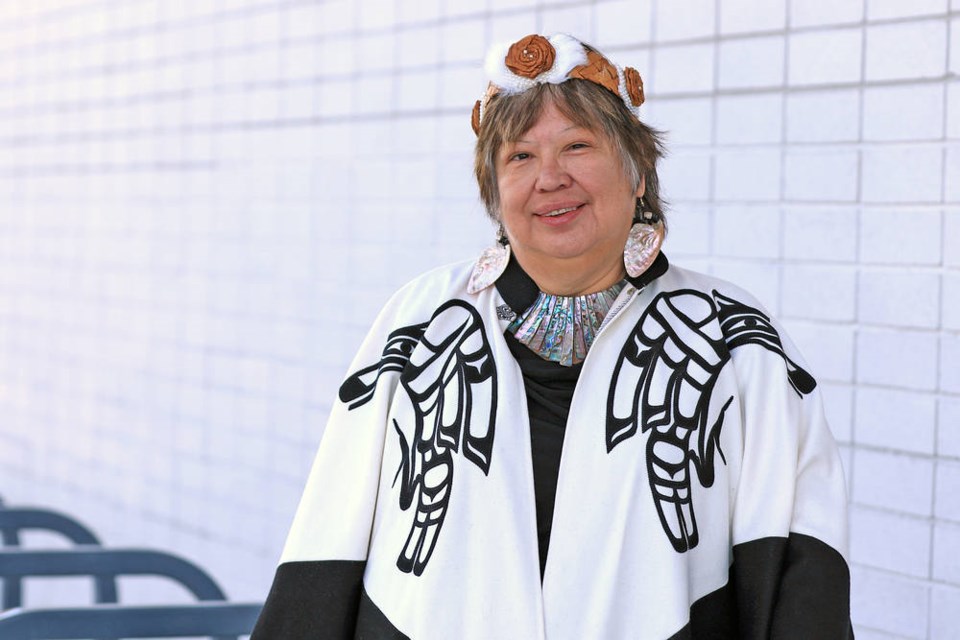Two people have tested positive for COVID-19 in the Tla-o-qui-aht First Nation on the west coast of the Island, and the community has again closed its doors to visitors.
One person tested positive on Sunday after travelling to Port Alberni, said Elmer Frank, Tla-o-qui-aht’s emergency preparedness co-ordinator and chairman of its emergency operations centre. The person self-isolated as soon as symptoms developed, Frank said. The First Nation carried out contact-tracing, and two other families isolated and monitored for symptoms.
Another individual who is not believed to have come in contact with the first person tested positive on Monday. Island Health is carrying out contact- tracing in that case, Frank said.
The First Nation has been in lockdown since Nov. 5 in response to a spike in COVID-19 cases across B.C. and Vancouver Island, Frank said. “We recognized and knew we’d be getting cases in our community.”
Visitors are not allowed in the three communities that make up the Tla-o-qui-aht First Nation, in the Tofino and Ucluelet area, and non-essential travel between the communities is prohibited. Members are urged to leave only to get essential supplies or to attend medical appointments.
Frank said it’s clear the virus spreads when people let their guard down. “We’re allowing ourselves to be outside our bubble,” he said. “What we’re telling our people [is] your bubble is now confined to your home.”
Provincial health officer Dr. Bonnie Henry announced a prohibition last week on socializing outside your household and recommended against non-essential travel.
On Tuesday, Island Health warned central Vancouver Island residents the region is experiencing the highest rate of positive cases on the Island. “Residents across our entire region can help protect their families, friends and neighbours by stepping up safety measures,” it said.
Dr. Shannon MacDonald, acting chief medical officer for the First Nations Health Authority, said some Indigenous communities began again holding small cultural celebrations over the summer, when case counts were low. “We started to see a small smattering of cases and then more,” she said. MacDonald said she has seen an increase in COVID-19 cases among Indigenous populations during the pandemic’s second wave.
Many communities would be gathering now in long houses to sing, dance and share food from hunting and fishing. That can’t happen right now, nor can people host memorial services, and MacDonald said it’s important to recognize the sacrifices made to keep the community safe.
Judith Sayers, president of the Nuu-Chah-Nulth Tribal Council — which represents 14 nations with about 10,000 members from Brooks Peninsula to north of Port Renfrew, including the Tla-o-qui-aht — said the province reopened too quickly as Phase 3 began in June.
“We all knew that when [Premier] John Horgan opened up the province against First Nations wishes that this would be the case, that we would be hit hard with a second wave,” Sayers said. “So it’s a shame we got to this point. I think there could have been a lot more cautious opening.”
Sayers said encouraging people to travel within B.C. was the wrong message. “Travel has helped spread it, which was our fear from the beginning.”
Prior to the Phase 3 reopening, the tribal council voted unanimously to restrict non-essential entry to its lands — including provincial and federal parks — unless several conditions around COVID-19 testing and screening and alerts about nearby cases were met.



